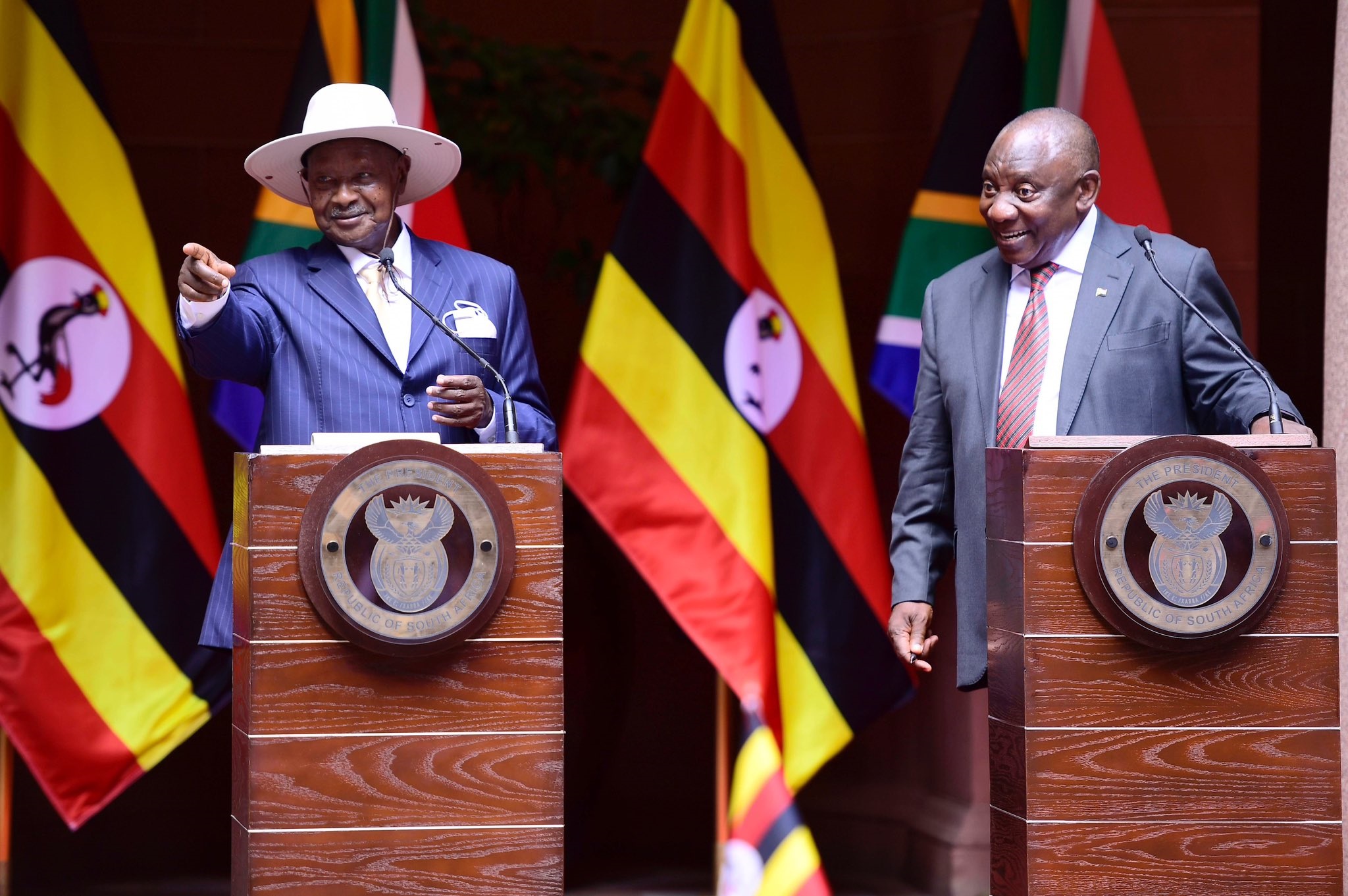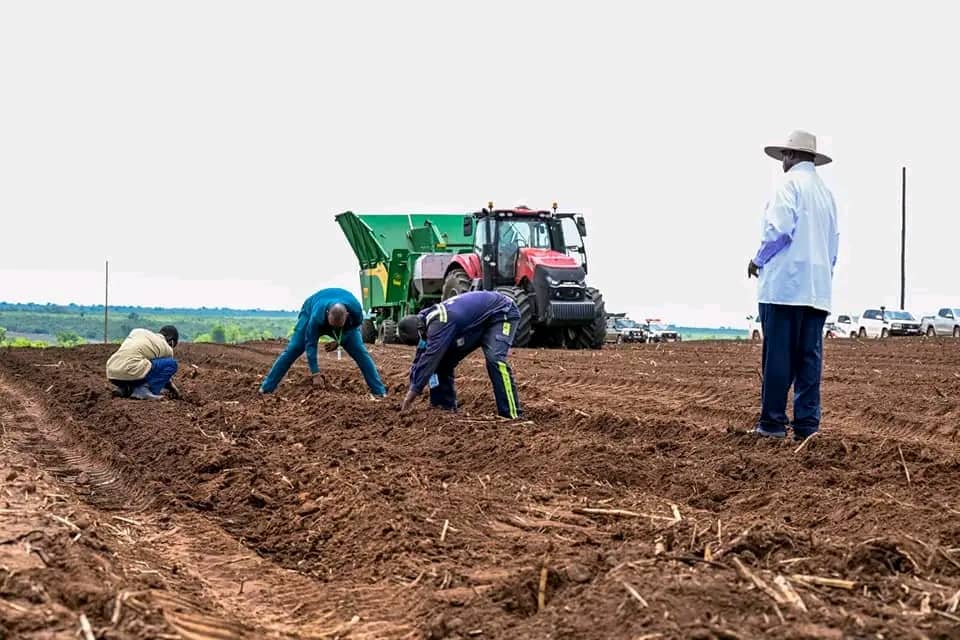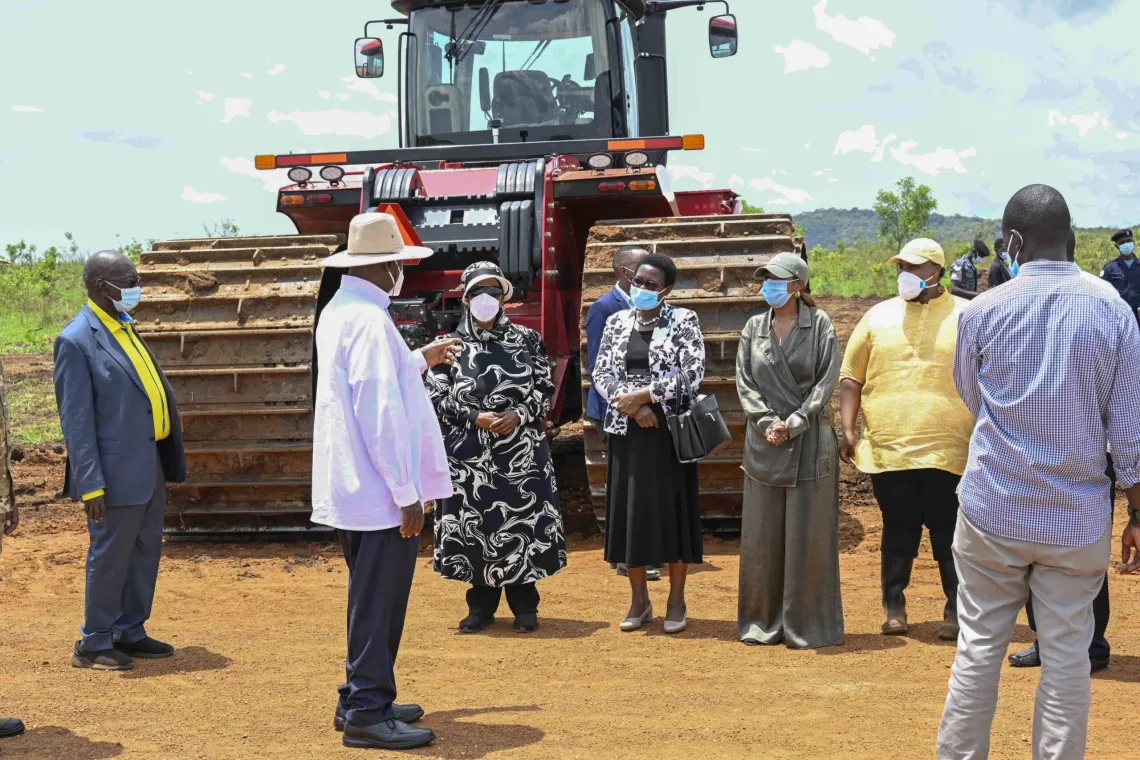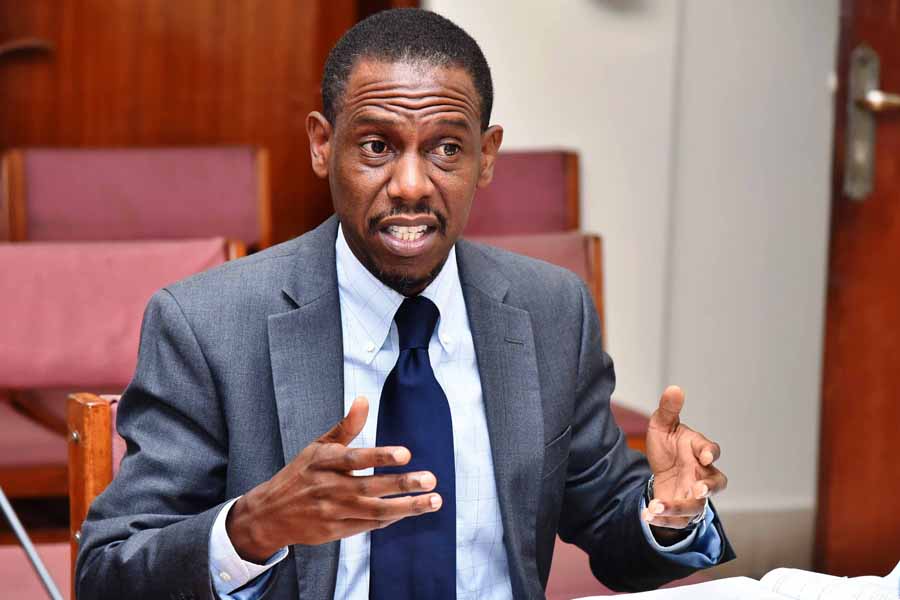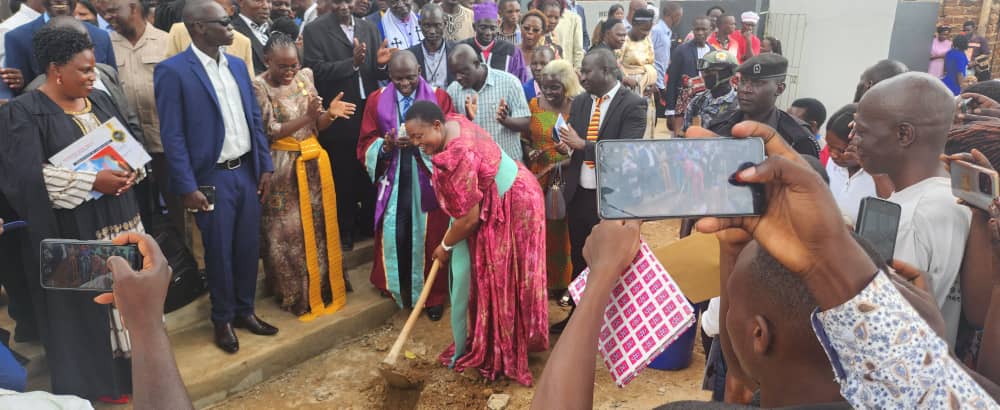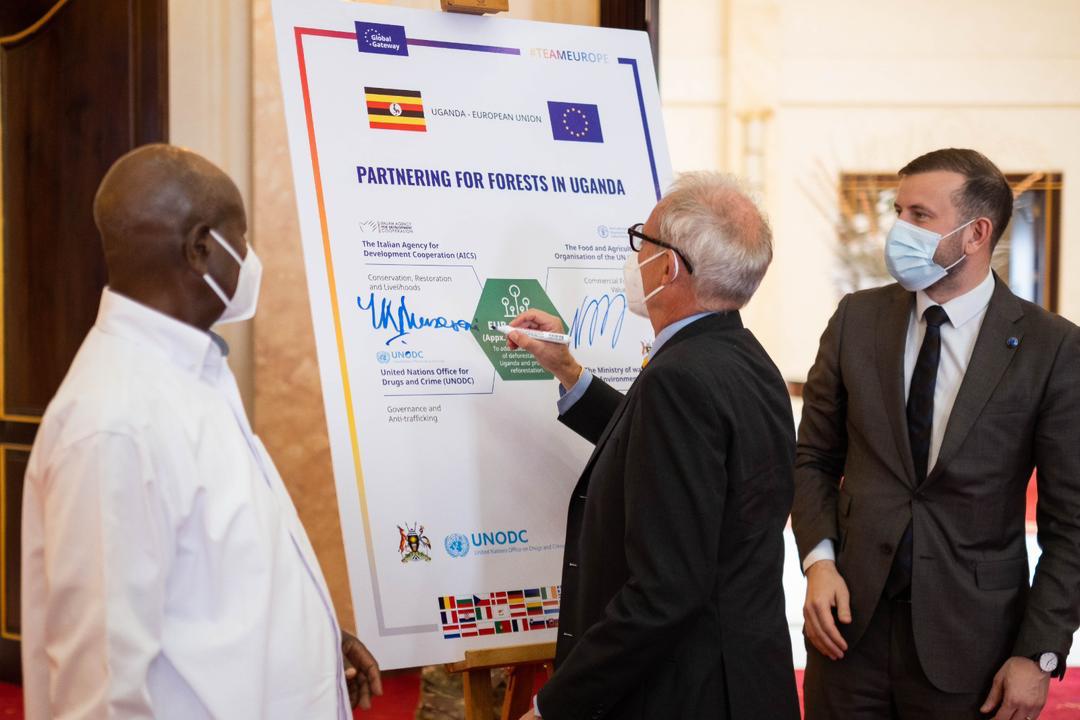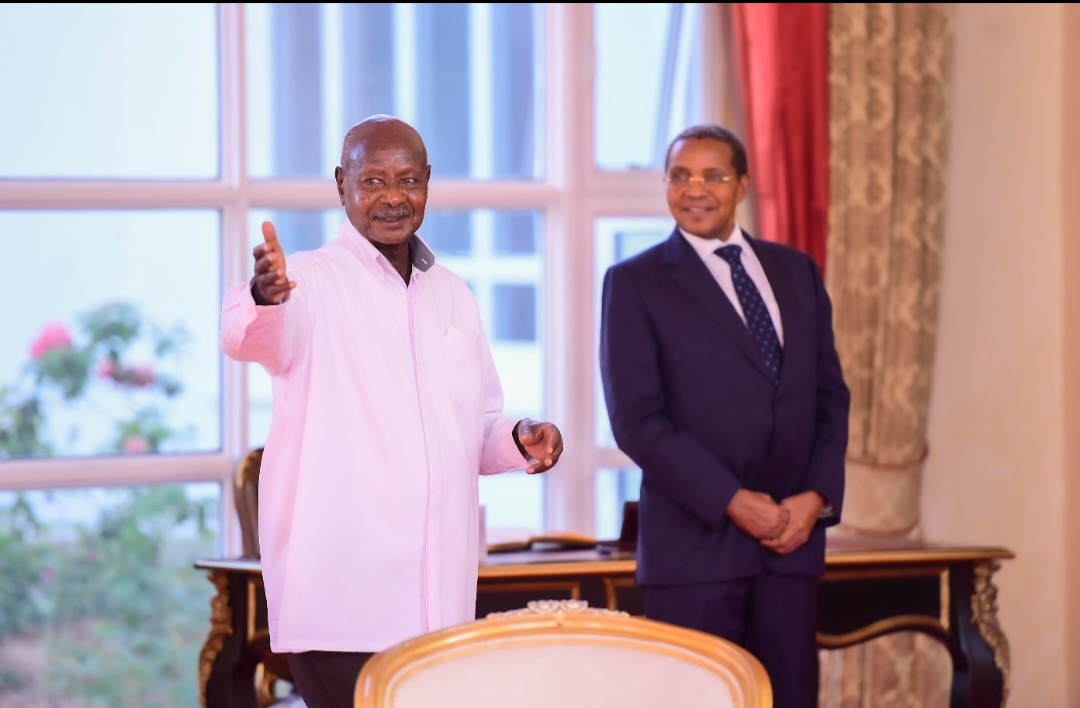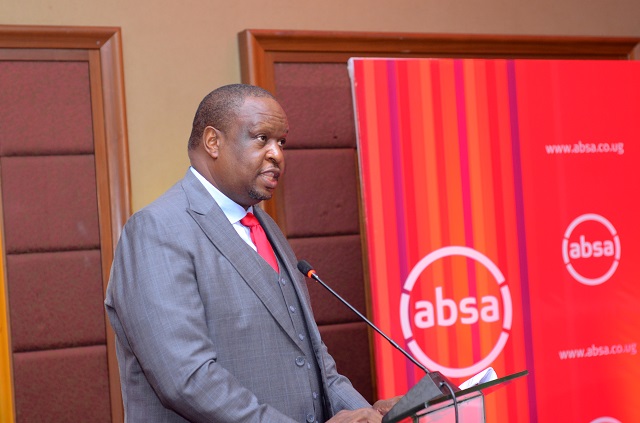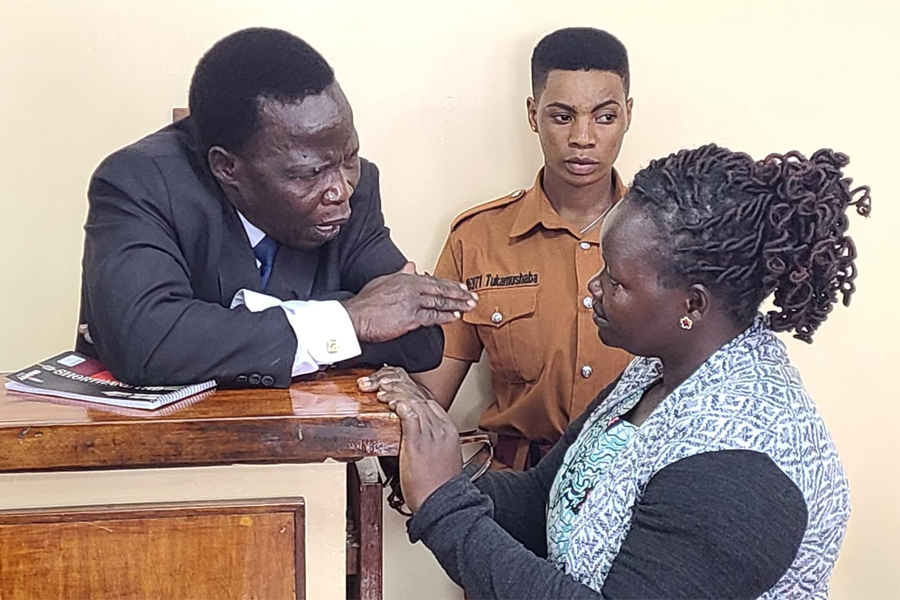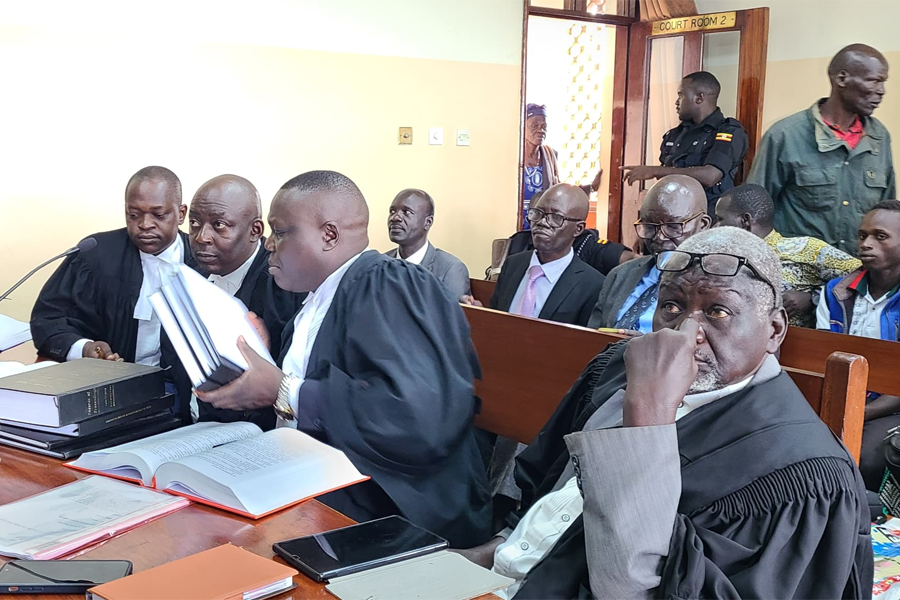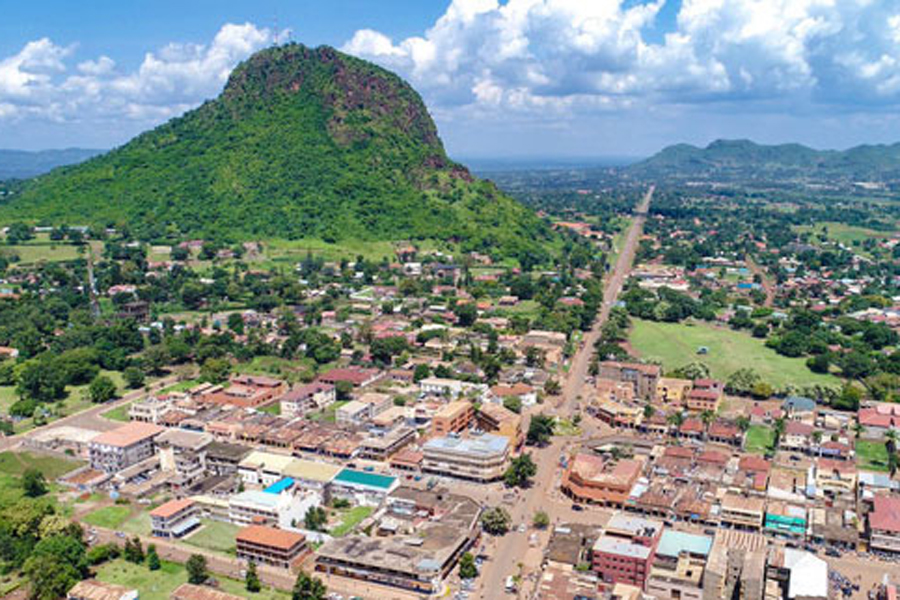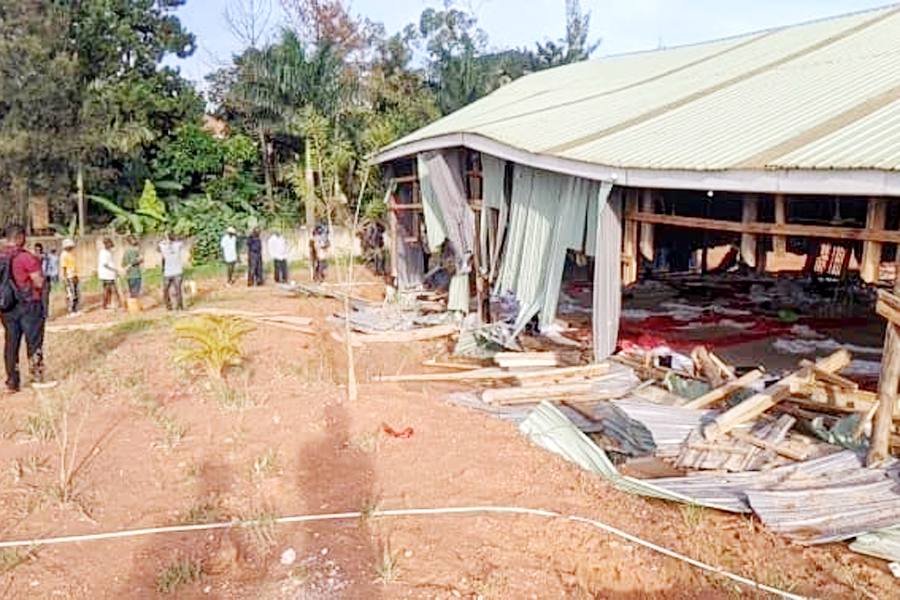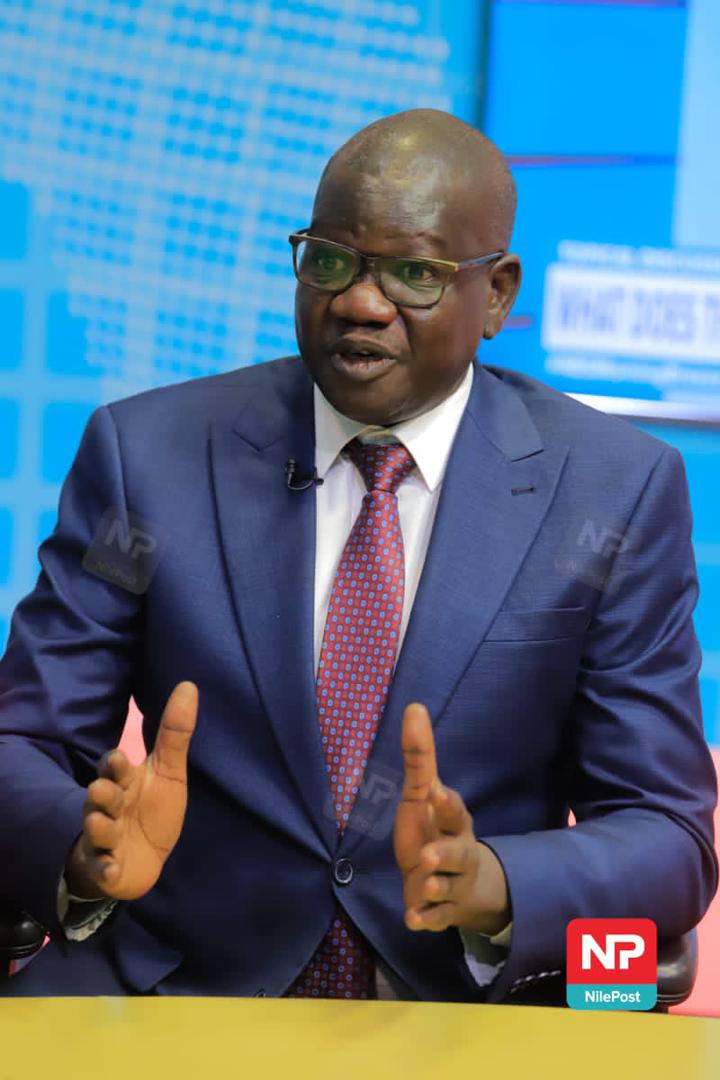President Museveni has said that for development to happen across the world, there must be fair global trade.
The President made the case for global prosperity on Monday as he addressed the 9th Africa, Caribbean and Pacific (ACP) Group of States Summit in Nairobi,the Kenyan capital.
Keep Reading
- > Museveni, Ramaphosa set to meet for Regional Security talks
- > Museveni warns against hindering Atiak Sugar Factory project
- > Museveni hails Atiak Sugar factory for benefitting Acholi, neighbouring areas
- > Museveni directs the Attorney General to draft legislation prohibiting National ID as loan collateral
The two-day summit at the Kenyatta International Conference Centre, attended by several heads of state from the 79-member state group, is running under the theme, "A Transformed ACP: Committed to Multilateralism".
"The challenge in the globe in the last 300 years has been unbalanced development. Since the Industrial Revolution in Europe, we have had development in some corners of the globe and underdevelopment in others,” Museveni said.
Whereas the discrepancy was being sorted with some third world countries like India getting out of poverty, Museveni noted it was important that the push encompassed all countries.
"The expectation is that the whole world should get out of under-development and we work for global prosperity. It should be prosperity for all of us instead of having a small number of people who are prosperous and the majority who are in underdevelopment,” he said.
He told the attentive audience that one of the tools to ensure this prosperity happens is to enforce fair trade.
"When we trade together, we stimulate growth in our respective countries. However, in order to trade, we must have the basics. We must resolve the issues of infrastructure, cost of production, cost of money and the human resource," he added.
The challenge for organisations like the ACP, the president observed, was to, therefore, create enablers of trade.
Citing Uganda's case, Museveni said the country has a lot of potential, given that just 32 per cent of its population was in the money economy.
"They have not maximised their potential and I know this is the case with most African countries," he said. "We are therefore working to better this through commercial agriculture, building industries, supporting the services sector and tapping into ICT opportunities."
He said once this was done, production would be massive, noting that Uganda was already experiencing over-supply of maize, milk, sugarcane and bananas.
"The internal market is not enough, even the East African Market is not enough. Therefore, it is imperative that we about talk global trade. The ACP is right by emphasising multilateralism. It will cause prosperity in the whole world," he said.
A case for linkage
Commenting about the subjects of the summit's discussion; governance, social-economic transformation and climate change; Museveni said they should be discussed as a whole.
"These topics are linked because if you don't encourage social-economic transformation of society, you cannot sustainably deal with issues of governance," guided the President.
On climate change, he observed that Uganda had recently suffered the wrath of the weather, with landslides and floods killing several people.
"This is partly because people go to wetlands for land for agriculture. Why don't they go to industries? It is because they are not enough industries for them. That's the linkage," he said.
Some aspects of climate change, he said, are due to greed, especially in the North, where people are using bad methods of production and producing a lot of carbon dioxide but some of the problems are due to acute need for land for agriculture.
Oneness
President Museveni also discouraged the idea that Africa should be separated from the Caribbean.
"I don't know where that idea came from. I don't think it's a good one. Why do we separate ourselves from the African diaspora? The Caribbean, the US, Brazil these are part of the African Diaspora," he said.
Earlier in the day, Kenyan President, Uhuru Kenyatta was appointed chair of the ACP Group for a three-year tenure while Ambassador Georges Chikoti of Angola becomes the new secretary-general.
The African, Caribbean and Pacific Group of States (ACP) is an organization created by the Georgetown Agreement in 1975 and takes place every three years in an ACP member state.
At the summit, ACP leaders from the 79-member countries are given an opportunity to review the major developments of interest and concern to its members on the international scene in general, and in ACP states in particular.
The ACP Group's main goals centre around the sustainable development of its member-states and their gradual integration into the global economy; coordination of the activities of the ACP group in the framework of the implementation of the ACP-EU Partnership Agreements; consolidation of unity and solidarity among ACP states and establishing and consolidating peace and stability in a free and democratic society.
This year’s ACP summit will endorse the outcome of the negotiations for a new 20-year ACP- European Union partnership agreement, review results and impacts of the work of the group since 2016 and take stock of the implementation of the commitments made at the 8th Summit.


